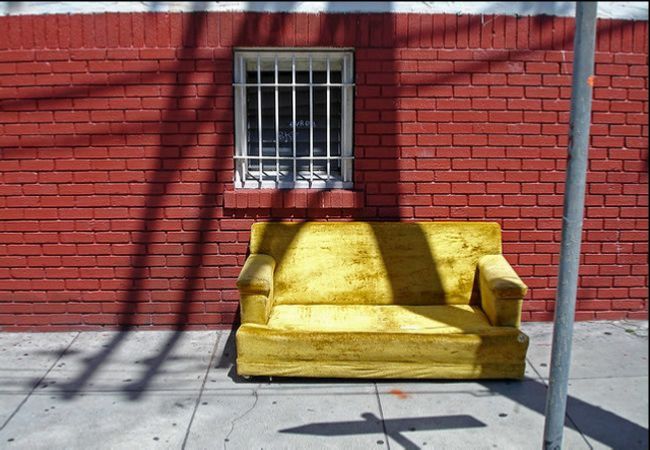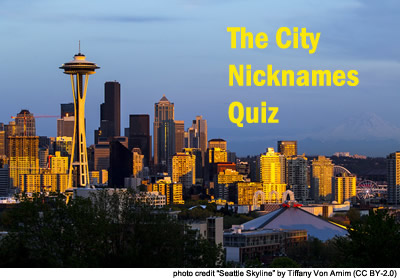mongo
 photo credit: "one-way to the love seat" by Michael McCauslin
photo credit: "one-way to the love seat" by Michael McCauslin
Definition: (noun) items that were thrown away, but later recovered by someone else
Example: Beth always found the mongo on Fifth Avenue was worth the bus trip to New York.
Quote:
“Collecting mongo has the added attraction that it's free. Imagine going to a flea market and finding something valuable for a really good price. That is the kind of elation a mongo collector feels when they come across something good on the street.”
Last week, I shocked a class of students by telling them that my entire kitchen was furnished in mongo. When I moved to Boston many years ago, I was astonished to see perfectly good furniture sitting out on the sidewalk for trash collection. In my hometown, we had to pay to have big things like tables or refrigerators taken to the dump.
I was originally hesitant to sit on chairs that others had thrown away, but my poverty helped me to overcome my reluctance and I soon learned to take pride in a good find. Later, a neighbor told me that he had made a small fortune by searching under the cushions of discarded sofas for lost jewelry.
While mongo is the noun, the verb phrase most often associated with it is dumpster diving, or looking into large trash containers for valuable objects or even food. I have yet to try that method (and am not planning on it) but expert Lars Eighner wrote a detailed how-to guide on dumpster diving in his book Travels with Lizbeth. Should you be interested in saving money on groceries this week, his advice includes looking behind pizza shops (which often throw out good pies still in the box because the order was wrong) and checking dumpsters near colleges when students leave for vacation.



